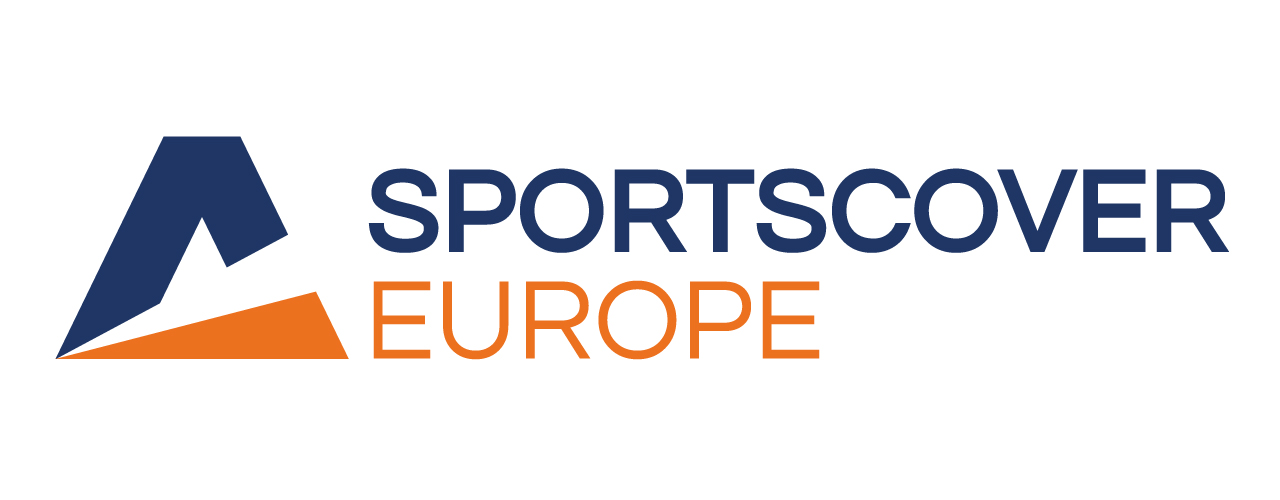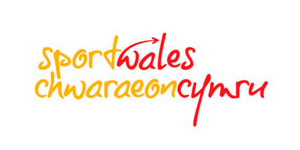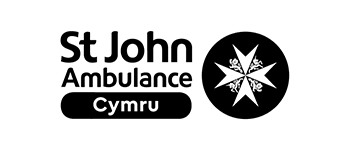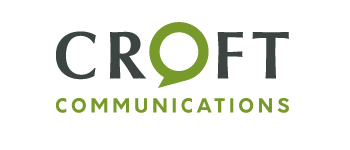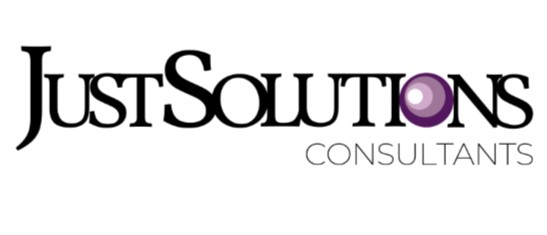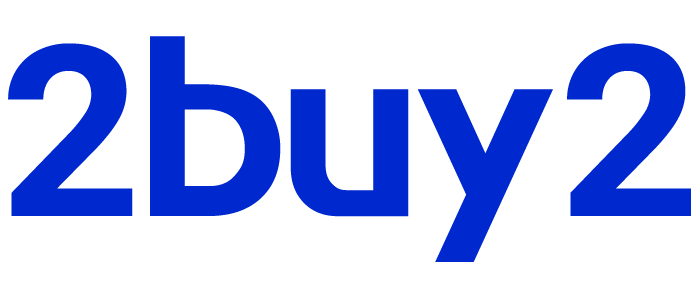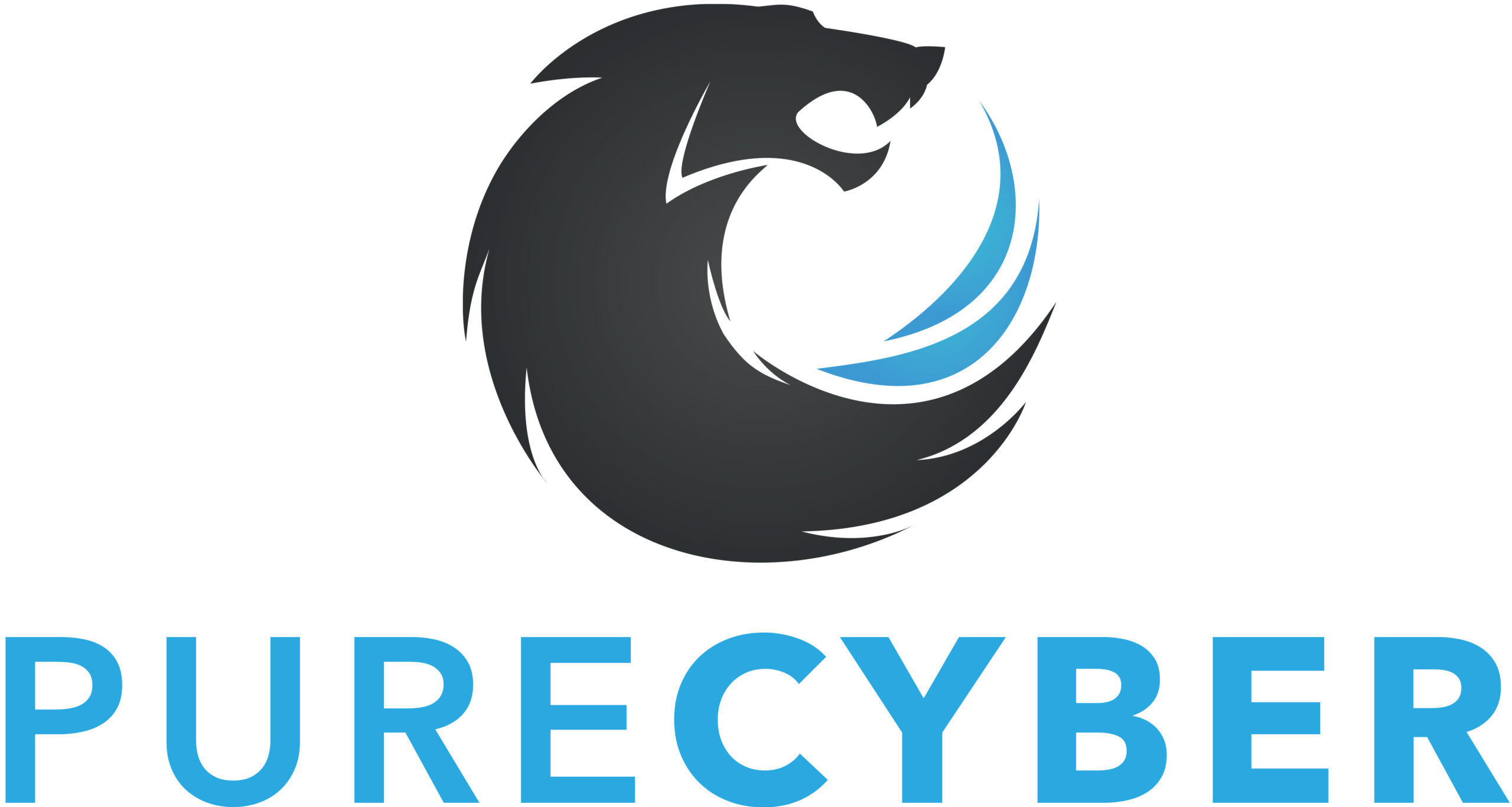BLACK AND ASIAN PEOPLE ‘PATRONISED AND POORLY REPRESENTED’ IN COMMUNITY SPORT SECTOR – RESEARCH
Black, Asian and minority ethnic people working or volunteering in community sport can feel “patronised and poorly represented” within the grassroots and community sport sector, according to new research published by Sported.The national charity helps community sport and youth groups survive and thrive through business support and funding advice,
and has the largest network of Sport for Development organisations in the UK with more than 2600 clubs and groups in its membership.
It carried out the qualitative research this summer in the wake of the Black Lives Matter (BLM) protests. Between August and September, it conducted focus groups with 15 organisations in its network, across all four home nations, in order “to understand directly from members their experiences of racism with the community sport sector”.
It is already well established that discrimination and unequal access to opportunities faced by Black, Asian and minority ethnic people in the UK are prevalent in the sports sector. According to Sporting Equals research from 2018, just three per cent of Board members of national governing bodies are Black, while 40% of Black, Asian and minority ethnic participants said their experiences of local sport or leisure clubs had been negative, compared to just 14% of white British.
Some of the comments in the report, which are all anonymous, include:
• On systemic racism: “We’re not trusted with money.”
• On equality: “The experiences I had growing up, I don’t want that for the next generation.”
• On representation in sports governance: “Whatever we feed in, the strategy will still be played out through a white lens.”
Recommendations from the report include for Sported to:
• create capacity for an ongoing BLM working group to discuss findings and agree actions.
• ensure safe spaces or focus groups to share experiences and develops ideas, eg community cohesion events.
• challenge sports councils and national governing bodies (NGBs) to review representation and pathways for individuals.
• identify leaders from different sectors and provide platforms to amplify or spotlight issues.
• review potential bias in funding streams, and continually question suitability for target audiences.
• generate more multi-media content and case studies to highlight best practice and case studies.
• allow participants to describe their own identity (including protected characteristics) and agree to be open and honest.
The research report can be found here.
Next steps for the WSA are to consult with members on how to implement these recommendations as quickly as possible, and we will be in touch soon.



